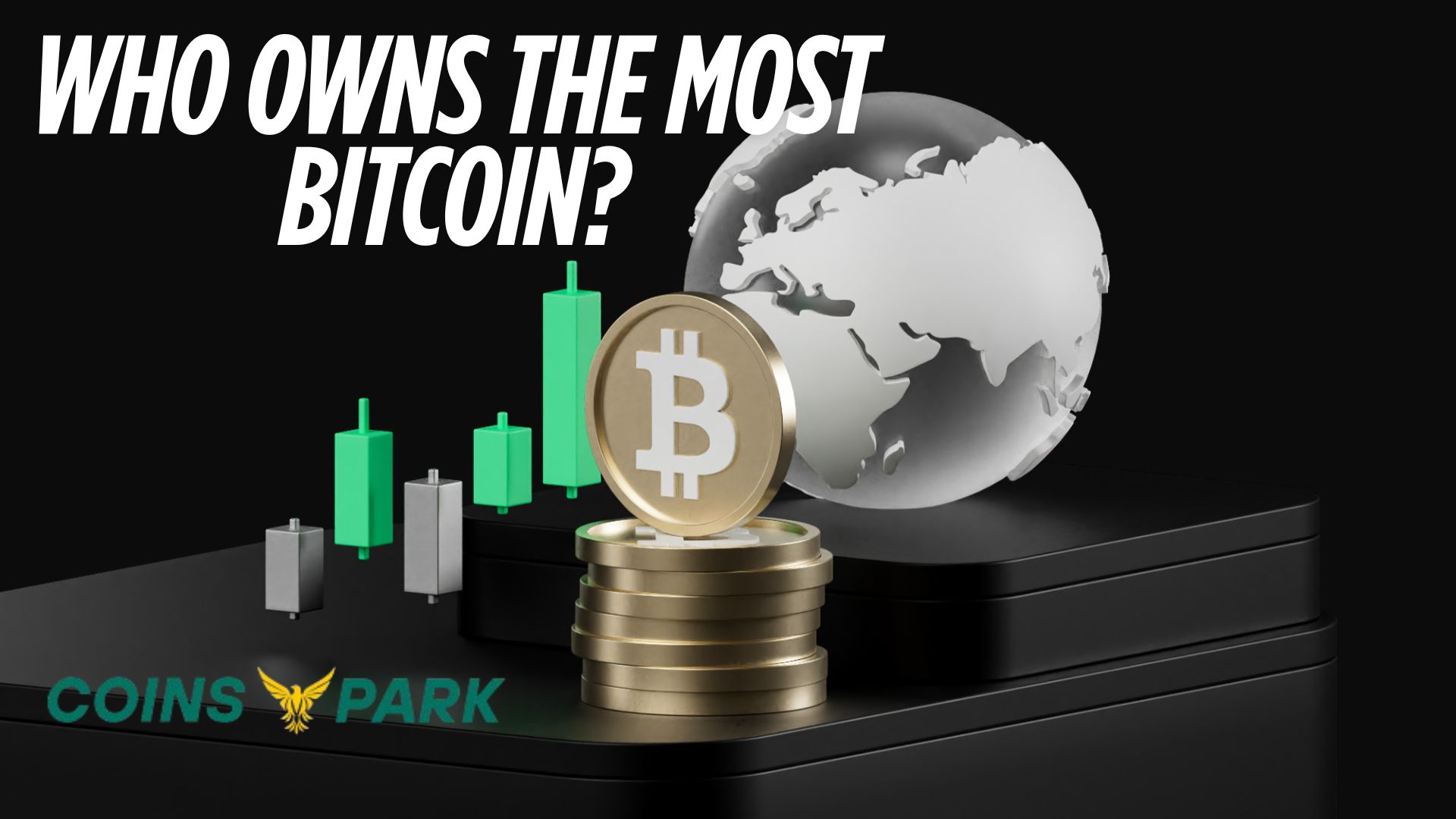A Comprehensive Analysis of Bitcoin’s Biggest Holders
The first decentralized cryptocurrency in history, Bitcoin, functions independently of a centralized authority. However, some entities control a sizable chunk of the entire supply, even in a decentralized network. Knowing who owns the most Bitcoin provides information on the market dynamics, possible centralization risks, and the impact these holders may have on sentiment and pricing. This article examines the main Bitcoin owners, ranging from governments and public organizations to anonymous whales.
The Mysterious Creator: Satoshi Nakamoto.
The anonymous developer of Bitcoin, Satoshi Nakamoto, is the single biggest known Bitcoin holder. Blockchain study reveals that addresses thought to be connected to Satoshi contain roughly 1.1 million Bitcoins, worth tens of billions of dollars, even though his true identity is still unknown.
During the early years of Bitcoin (2009–2010), Satoshi mined these coins, although he never spent or transferred them. This unspoiled wealth represents the non-interference and decentralization principles. It would probably lead to significant market turbulence and speculation if it were ever moved.
Public Companies Holding Bitcoin.
As part of a larger investment strategy or as a hedge against inflation, some publicly traded corporations have included Bitcoin on their balance sheets. Michael Saylor’s MicroStrategy is one of the most notable of them.
- MicroStrategy
As of 2025, MicroStrategy owns over 210,000 BTC, making it the largest corporate holder of Bitcoin. Saylor has been a vocal Bitcoin proponent, always buying more since 2020. His conviction has helped normalize Bitcoin investments among traditional firms. - Tesla
Elon Musk’s Tesla once held over 48,000 BTC, though it has sold a significant portion. While not as bullish as MicroStrategy, Tesla’s 2021 purchase was a turning point, signaling mainstream acceptance of crypto. - Other firms like Galaxy Digital Holdings, Block, Inc. (formerly Square), and Coinbase also hold notable quantities of $
Governments with Bitcoin Holdings.
Despite their initial skepticism, many governments currently own Bitcoin, either through smart acquisitions or seizures.
- United States Government
Surprisingly, the U.S. is one of the largest holders of Bitcoin. Through seizures from criminal investigations (e.g., Silk Road, Bitfinex hack), federal agencies have accumulated over 200,000 BTC at various times. Much of it is eventually auctioned off, but large portions are still held. - Other nations
Countries like El Salvador, which made $ legal tender in 2021, also hold Bitcoin in national reserves. El Salvador reportedly owns over 2,000 BTC, using it for national investments and tourism promotion.
Bitcoin Whales.
Individual addresses or organizations possessing 1,000 BTC or more are referred to as “Whales.” Some are new, wealthy investors, while others are early adopters. Blockchain analytics aids in tracking these wallets, even though the precise identities are frequently concealed.
- Characteristics of Whale Ownership:
- Private individuals
Some early adopters who mined or bought Bitcoin before 2013 now sit on massive fortunes. They remain anonymous but contribute to Bitcoin’s reputation as a wealth generator. - Crypto exchanges
Platforms like Binance, Coinbase, and Kraken hold large amounts of $ in cold storage on behalf of users. For example, Binance’s known wallets hold hundreds of thousands of BTC, though the exchange does not “own” them in the traditional sense. - Investment funds
Institutions such as Grayscale Bitcoin Trust (GBTC) hold for clients. GBTC, at one point, controlled over 600,000 BTC, making it a central figure in institutional crypto exposure.
Conclusion.
The ownership distribution of Bitcoin both supports and contradicts its promise of decentralization. Large holders—whether Satoshi, governments, institutions, or whales—have disproportionate power even if there is no central authority in charge of it. Both analysts and investors must comprehend these dynamics.
In the end, Bitcoin’s openness makes it possible for anybody to check wallet balances on the blockchain, providing previously unheard-of visibility into the ecosystem’s financial structure. We might witness additional distribution as adoption increases, with ownership dispersed more fairly across people worldwide. Until then, the bulk of $ world’s wealth is still held by a small minority, many of whom are nameless, and others of whom are well-known.




